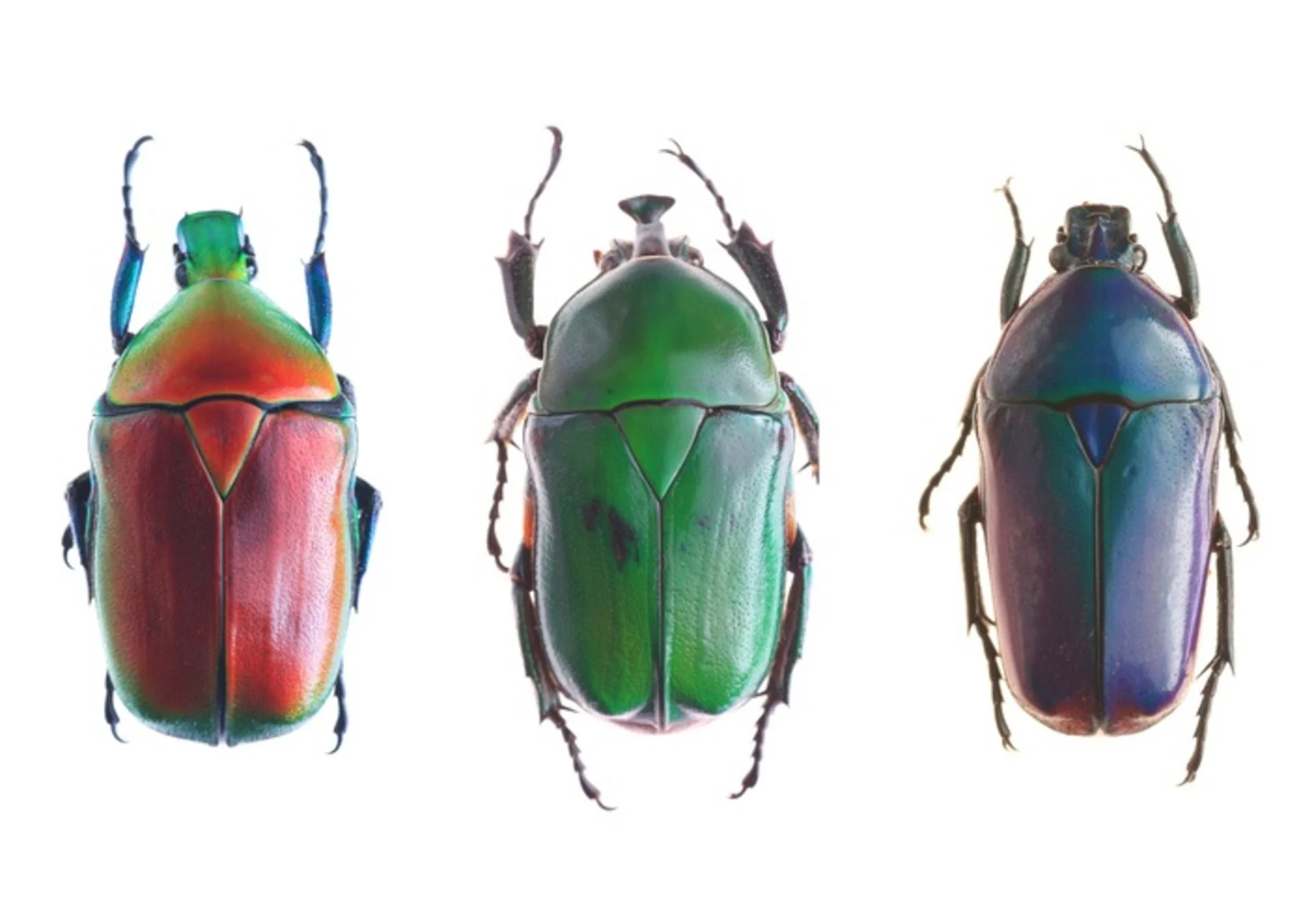
New study highlights shocking impact humans have had on insect decline
Insects are a crucial member of the world's ecosystems, providing numerous economic benefits.
Insect populations are facing an unprecedented decline, and their impact on ecosystems cannot be underestimated. A new study from Mainz University, published in a special edition of Biology Letters, has shed light on the urgency of protecting these vital creatures.
The paper comes at a tipping point, with up to 40 per cent of known insect species in decline, and a third endangered - a statistic that becomes even more alarming considering that over 80 per cent of insect remain undescribed, indicating a high likelihood there are entire populations at risk that we don't even know about.
Insects are a crucial member of the world's ecosystems, providing numerous economic benefits. Some species act as pollinators of fruits, vegetables, and nuts, while others serve as natural pest control, preying on other insects that damage crops and reducing the need for chemical pesticides. They also serve as an important food source for birds, fish, and reptiles.
Estimates on the global economic impact of insects vary, but it has been placed at between $235 and $577 billion annually.
The Mainz study identifies human activities - like agriculture and building development, climate change, and the spread of invasive species via shipping containers - as primary drivers of insect decline.
It isn't the first paper to form such conclusions. Over the years, academics, advocacy groups, and media outlets have been calling for action, describing the situation in bold terms, using phrases like "insect acopalypse", and "mass extinction."
"In view of the results available to us, we learned that not just land-use intensification, global warming, and the escalating dispersal of invasive species are the main drivers of the global disappearance of insects, but also that these drivers interact with each other," says Dr. Florian Menzel, of the Institute of Organismic and Molecular Evolution at Johannes Gutenberg University Mainz (JGU) and an editor of the research, in a statement.
The authors are calling for standardized techniques to monitor insect diversity, the creation of a network of interconnected nature reserves, and measures to reduce the dispersal of invasive animal and plant species.
The drastic decline of insects is "just another indication that we’re destroying the life-support system of the planet,” tropical ecologist Brad Lister told The New York Times in 2018.
“Nature’s resilient, but we’re pushing her to such extremes that eventually it will cause a collapse of the system.”
VIDEO: Praying mantis myths debunked
Thumbnail image: File photo: Getty.











